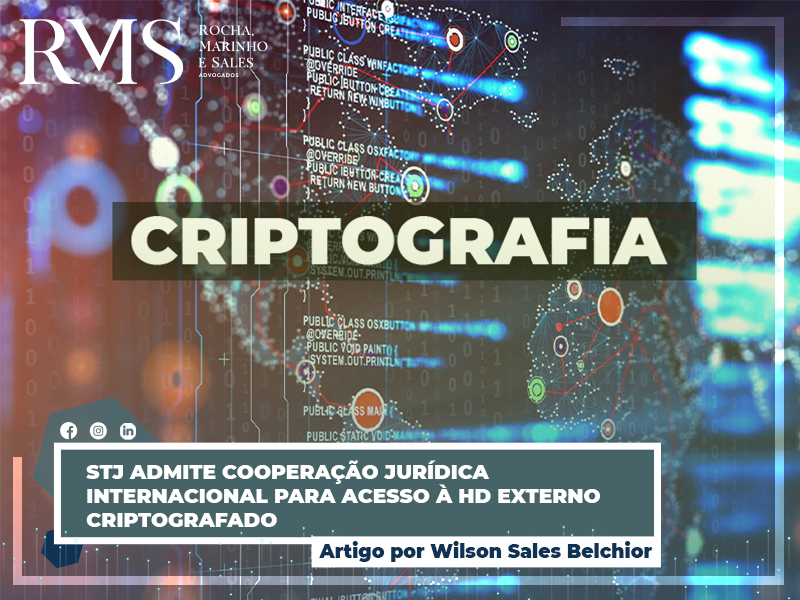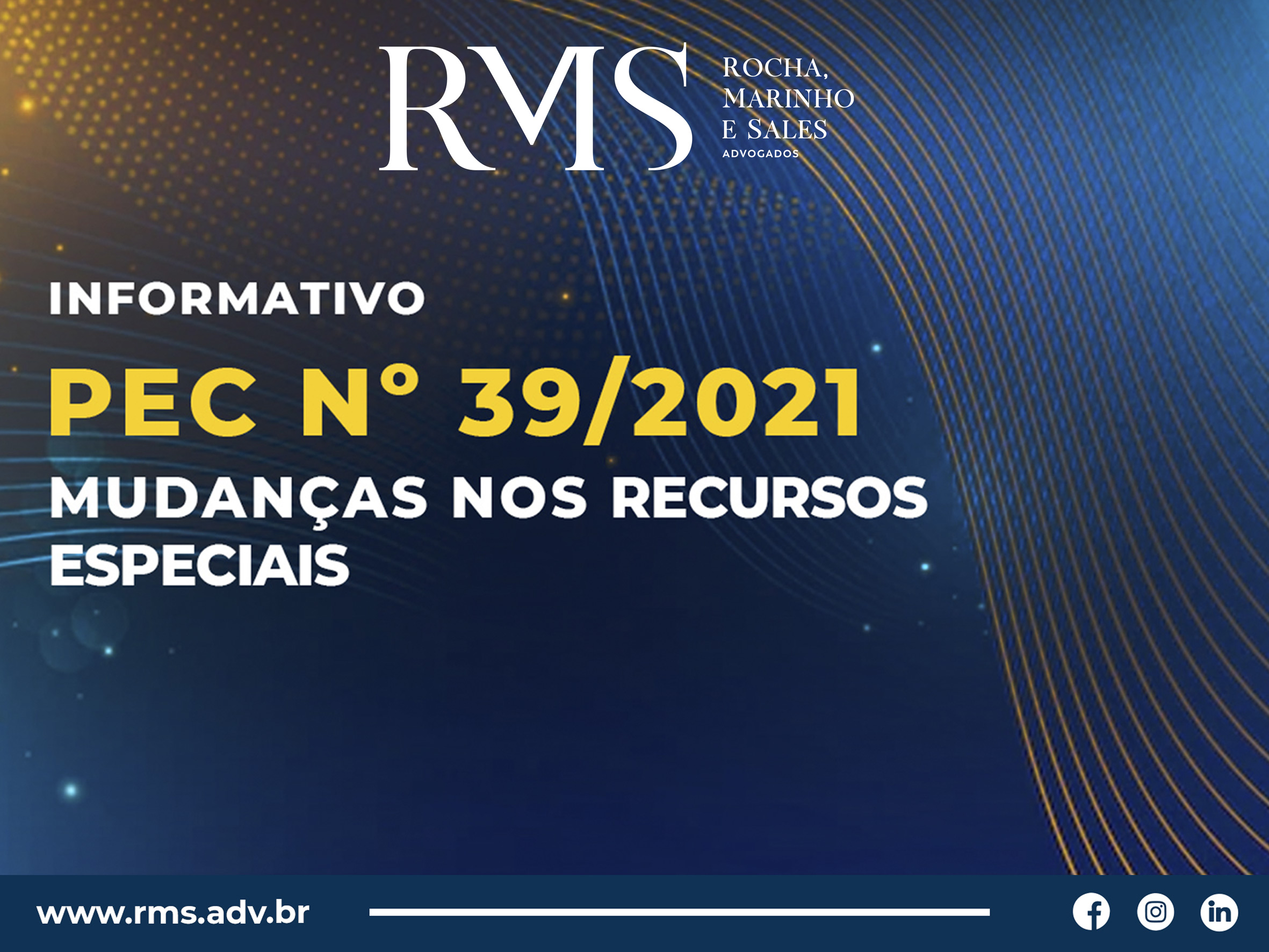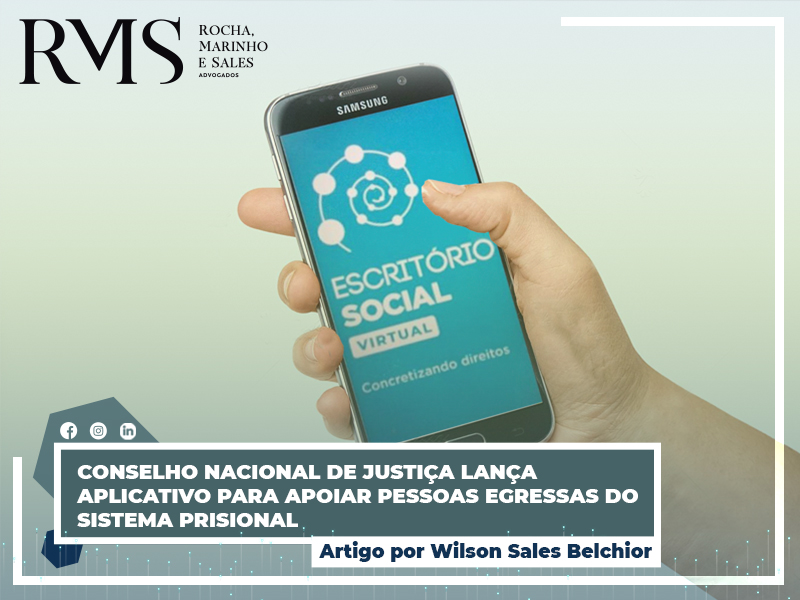STJ admits international legal cooperation for access to encrypted external HD
30/03/2021

The Sixth Panel of the Superior Court of Justice unanimously decided that the use of international cooperation is legally possible in order to make access to encrypted HD content feasible. Thus, once the rules established in the Judicial Assistance Agreement in Criminal Matters with the requested State are observed, the evidence will be considered lawful, not being a document of the offense, but a document-means of proof, which should be analyzed from the beginning. of motivated free convincing.
The specific case was an ordinary appeal in a writ of mandamus filed in the face of a judicial decision that accepted the request of the Federal Public Ministry for technical feasibility of access to external HD content encrypted with a 9-digit password, seized in search and seizure. approved in criminal representation, through international legal cooperation between Brazil and the United States (Decree No. 3,810 / 2001), the country where the company that develops the cryptographic software is based.
In the vote of the rapporteur Minister Rogerio Schietti, the first premise referred to the scope of assistance between Brazil and the United States, which makes it possible, according to the decision, to grant the MPF’s request. Article I of the agreement includes in the scope of assistance “any other form of assistance not prohibited by the laws of the Respondent State” (2.h), as well as mutual assistance in relation to “serious criminal activities, including money laundering and illicit arms trafficking.” firearms, ammunition and explosives ”(4), not considering territorial limitation with regard to the location of the practice of the facts.
This is because, according to the decision “it would be a paradox to allow the investigated to use international technology to encrypt data that may, in theory, reveal some illegal activity and not to allow the State to also have access to that same technology when it is essential for the investigation” . Adding that “there is no fundamental right to maintain cryptography and that the State, whether with the aid of a foreign state or private individuals, needs to have technology to guarantee the application of criminal and procedural law”.
Cooperation between Brazil and the United States for access to encrypted HD was understood to be possible, as “the rules established in the agreement are observed, both in relation to the central authorities and in the other stages of the procedure”. Therefore, the use of the agreement to “access the data of an object already apprehended from an unquestioned judicial decision” is valid, and there is no defense restriction since “the defense will have, at the appropriate procedural moment, the possibility of confronting and question the decrypted content ”.
Wilson Sales Belchior




